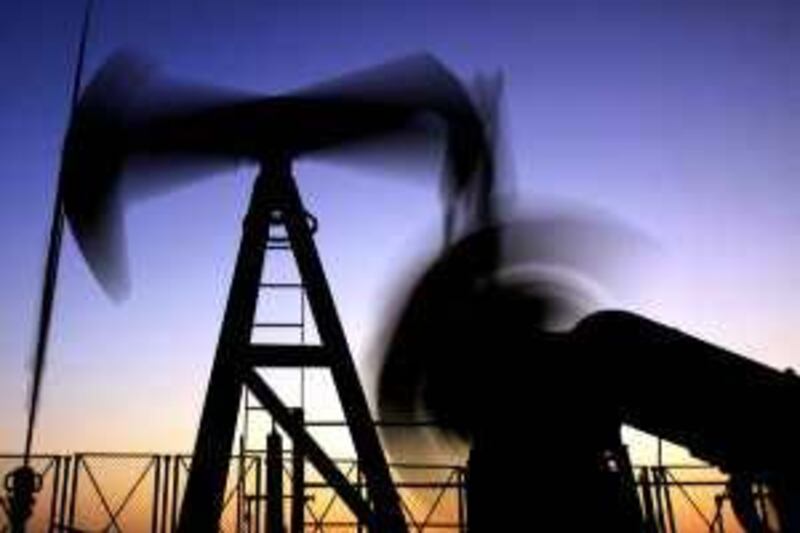Major oil producers need to undertake reforms more than ever before by lowering dependence on oil income, removing energy subsidies and switching to gas in power generation to help maintain global energy security, the International Energy Agency said in a report.
"Now more than any other point in recent history, fundamental change to the development model of resources for these countries looks unavoidable to me," said Fatih Birol, the executive director for the Paris-based energy watchdog told The National.
“What happens in these countries is very important for the global markets, energy security and the global economy.”
Global energy security is partly in the hands of these six producers since they are expected to continue to play a major role in pumping oil and gas and to rely on hydrocarbon income to fuel investment in this sector. The producers are Russia, Nigeria, Iraq, Saudi Arabia, the UAE and Venezuela.
“The risks are multiplied in a low oil price environment, where net income from oil and gas never recovers to its 2010-15 levels, leading to a cumulative $7 trillion reduction over the period to 2040 compared with the [base] New Policies Scenario,” said the IEA in the report. “Without far-reaching reform, this would translate into huge current account deficits, downward pressure on currencies and reduced government spending.”
___________
Read more:
[ Watchdog says petchems will drive more than a third of oil demand growth by 2030 ]
___________
For their part, Saudi Arabia and the UAE have cut energy subsidies, started developing major solar power projects and are intensifying the search for gas to produce power and free up oil for export. They are also extracting more value from oil by concentrating on developing their downstream assets, particularly through ramping up their refining and petrochemical production capacities.
The New Policies Scenario includes predictions that oil demand grows by more than 10 per cent to over 106 million barrels per day by 2040, and in which natural gas demand rises by more than 40 per cent to 5,400 billion cubic metres by 2040.
Already countries in the Middle East, Nigeria, Russia and Venezuela have reduced their upstream oil and gas investment, which fell by one-third between 2015 and 2017, compared with average seen between 2010 and 2014, the IEA said.
The countries' net income from oil and gas is currently about $1,800 per capita per year, but may go down to a low of $1,250 by 2030 if shale oil production continues to climb and new developments around energy efficiency and electric vehicles pick up pace, added Mr Birol.
These countries energy role is being jeopardised by the spike in shale oil production from the US, which has previously caused oil prices to plunge and is one of the reason behind a global oil pact struck between Opec and a Russia-led group in 2016 to stabilise prices by culling 1.8 million barrels of oil a day.
The oil price slump from $115 a barrel in mid-2014 to less than $30 a barrel in the first quarter of 2016 prompted the Opec+, as the members of the global oil pact are called, to take action to prop up prices. The oil crash also instigated some of them to embark on economic reforms to diversify their economies away from oil income.






